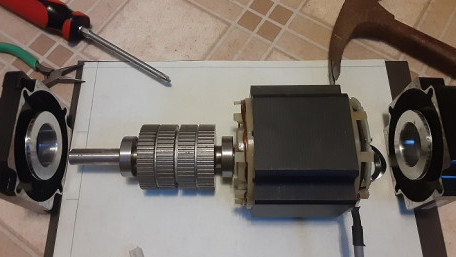
When the angle or distance of motion is more important than speed and power, certain motors shine brighter, like steppers, named for the individual steps they…
When the angle or distance of motion is more important than speed and power, certain motors shine brighter, like steppers, named for the individual steps they take when control voltage is applied.
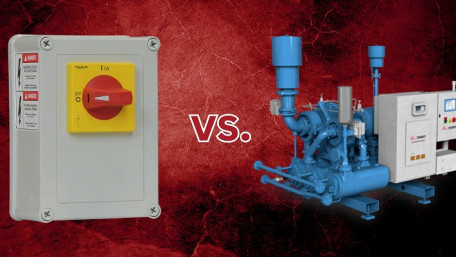
Knowing what kind of control system to use: that’s a question that must be answered before setting up the factory…
Knowing what kind of control system to use: that’s a question that must be answered before setting up the factory floor. Why would someone choose pneumatic over electrical controls?
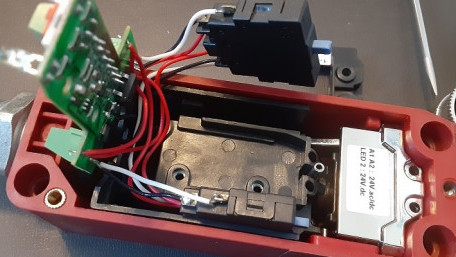
Safety devices have two main purposes, both of them meant for (you guessed it) safety. They protect both machine and…
Safety devices have two main purposes, both of them meant for (you guessed it) safety. They protect both machine and operator from harm. But what’s inside, and how do these switches work?
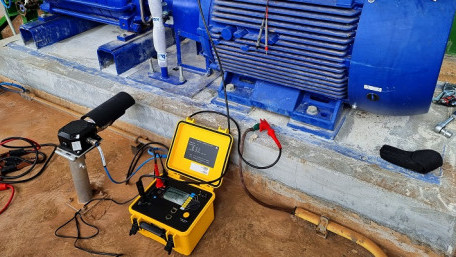
Within motors, two very different types of resistance are evident. The resistance of the windings is measured with a…
Within motors, two very different types of resistance are evident. The resistance of the windings is measured with a normal multimeter. But what is insulation resistance, and how is it measured?
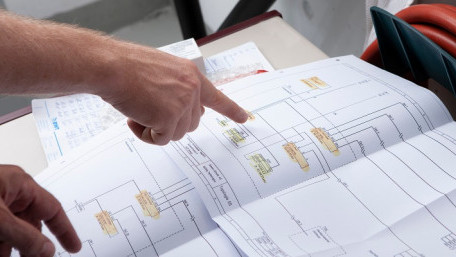
In order to trace control system problems to the core, the ability to read and interpret various resources, from…
In order to trace control system problems to the core, the ability to read and interpret various resources, from facility-level diagrams to machine-level wiring layouts, is critical.
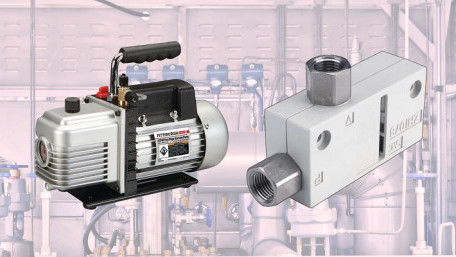
This article looks at vacuum ejectors and vacuum pumps, specifically outlining the difference between single and…
This article looks at vacuum ejectors and vacuum pumps, specifically outlining the difference between single and multi-stage versions of each type, and common applications.
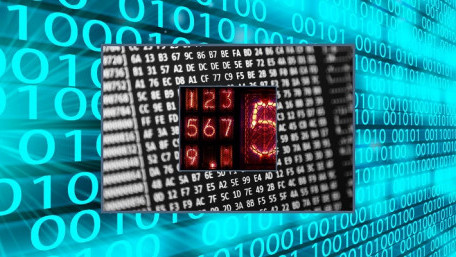
Converting different numbering systems is quite common in PLCs and structured text codes. Why? Because people read…
Converting different numbering systems is quite common in PLCs and structured text codes. Why? Because people read decimals. Computers read binary. Processors read sets of bits. Not so simple.
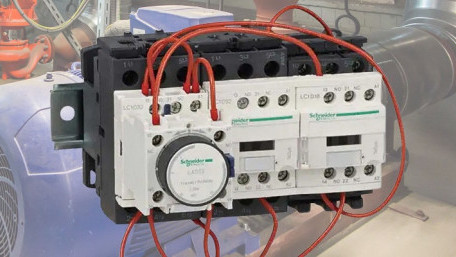
Digital controls like VFDs and soft starts have advantages by elongating start time, but simple strategies for starting…
Digital controls like VFDs and soft starts have advantages by elongating start time, but simple strategies for starting motors with a reduced current draw, like star-delta (or wye-delta) are common.
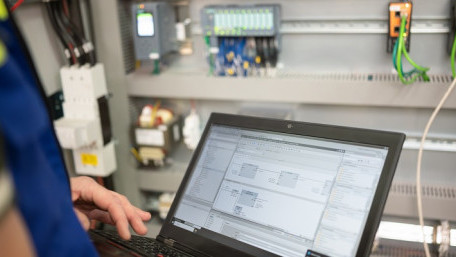
It’s important to consider your PLC tag naming convention when using different styles. Learn when and why you might…
It’s important to consider your PLC tag naming convention when using different styles. Learn when and why you might even use more than one, depending on the circumstances and scope of your project.
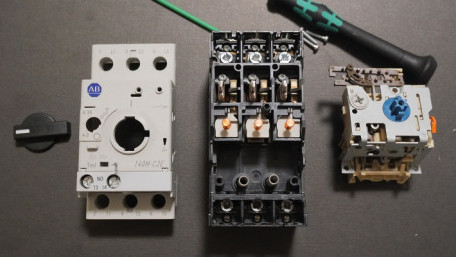
We depend on circuit breakers all the time, even when you have a day off or work from home. These overcurrent protection…
We depend on circuit breakers all the time, even when you have a day off or work from home. These overcurrent protection devices keep machines running safely, reducing the risk of fires and arcing.
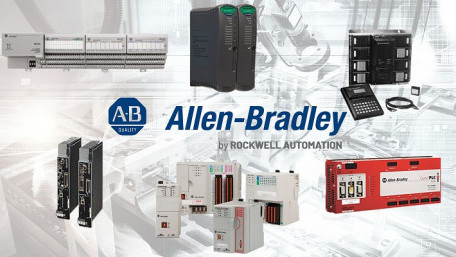
Rockwell Automation’s Allen-Bradley control hardware catalog has long included many series that start with 17xx, but…
Rockwell Automation’s Allen-Bradley control hardware catalog has long included many series that start with 17xx, but what are these lineups, and what function do they serve?
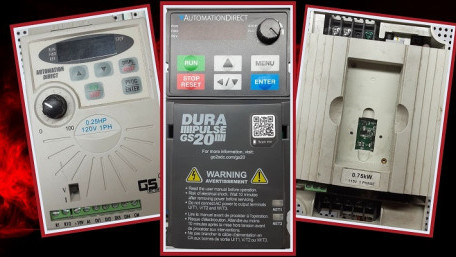
When we need to change the speed of an industrial motor, whether to control a process or save energy costs, we turn to…
When we need to change the speed of an industrial motor, whether to control a process or save energy costs, we turn to the variable frequency drive, better known simply as a VFD.
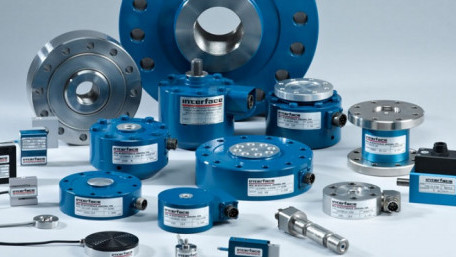
In this article, we will explore real-world considerations for strain gauge performance and typical applications. We’ll…
In this article, we will explore real-world considerations for strain gauge performance and typical applications. We’ll be talking about foil and wire strain gauges, but ignoring semiconductors.
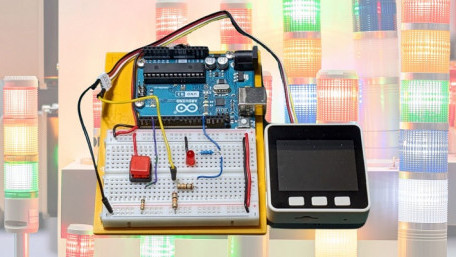
A flasher can easily be implemented using interlocking timers in a PLC environment on an Arduino Uno using OpenPLC,…
A flasher can easily be implemented using interlocking timers in a PLC environment on an Arduino Uno using OpenPLC, UiFlow Blockly Code, and a programmable HMI-based LCD unit.
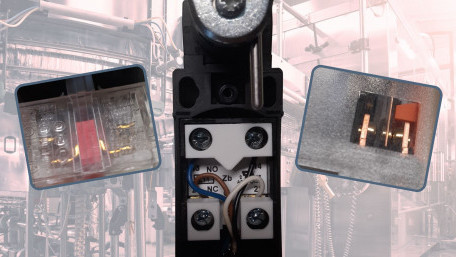
Some terminology, like 'normally open' and 'normally closed' switch contacts, is common throughout industry but can still…
Some terminology, like 'normally open' and 'normally closed' switch contacts, is common throughout industry but can still be confusing, misleading, or even hazardous if not properly understood.

For being no more than a thin piece of metal, the strain gauge is a versatile measurement tool, from small switches to…
For being no more than a thin piece of metal, the strain gauge is a versatile measurement tool, from small switches to multi-ton machines. In this article, learn the operating principles and properties.
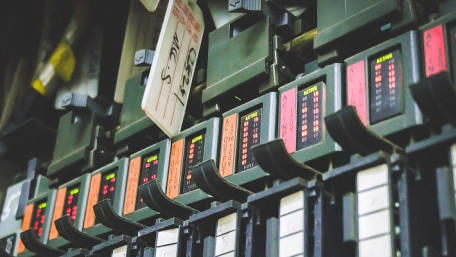
When inputs or outputs stop working, the equipment fails to respond and money starts slipping away. Dive into the concept…
When inputs or outputs stop working, the equipment fails to respond and money starts slipping away. Dive into the concept of troubleshooting I/O without ever opening the PLC software.

Traditionally, automation requires a sizable investment and integration risks. RaaS empowers manufacturers to let someone…
Traditionally, automation requires a sizable investment and integration risks. RaaS empowers manufacturers to let someone else adopt the risks in exchange for an hourly or monthly subscription rate.
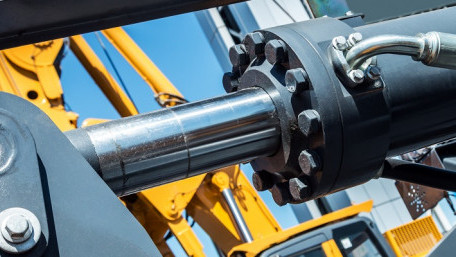
Hydraulic cylinders and actuators can quickly move heavy objects and provide strong clamping forces. But when they break…
Hydraulic cylinders and actuators can quickly move heavy objects and provide strong clamping forces. But when they break down, the effects can be catastrophic and the repairs costly and timely.
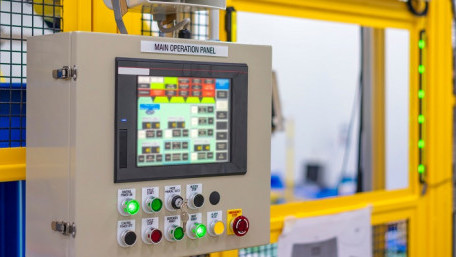
An overview of HMI data types, input controls, output indicators, and message functions, the building blocks used to…
An overview of HMI data types, input controls, output indicators, and message functions, the building blocks used to construct informative and appealing HMI applications.
